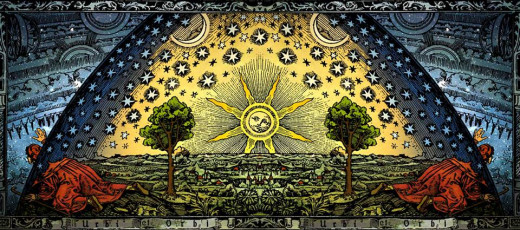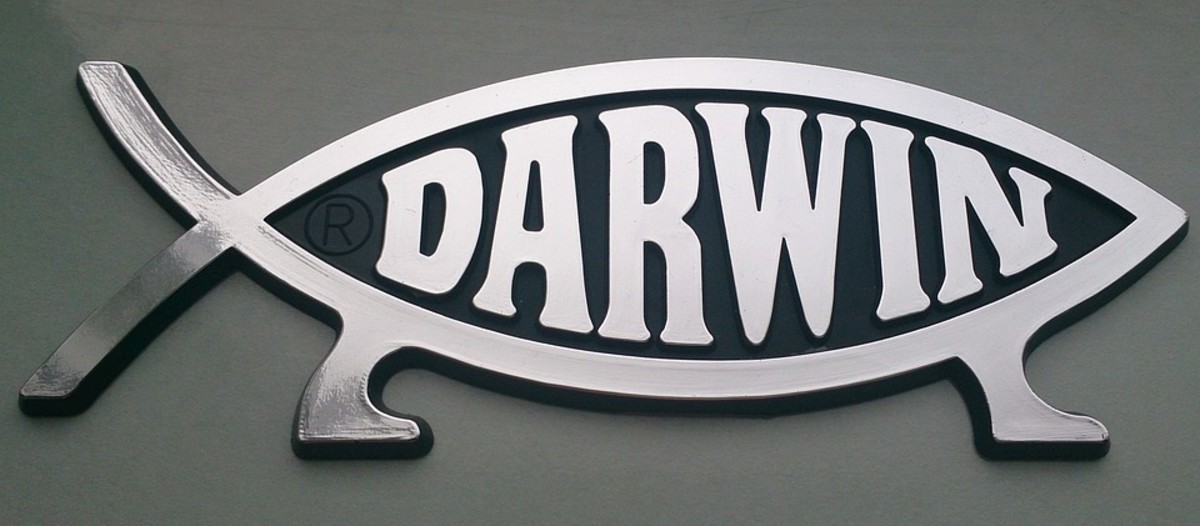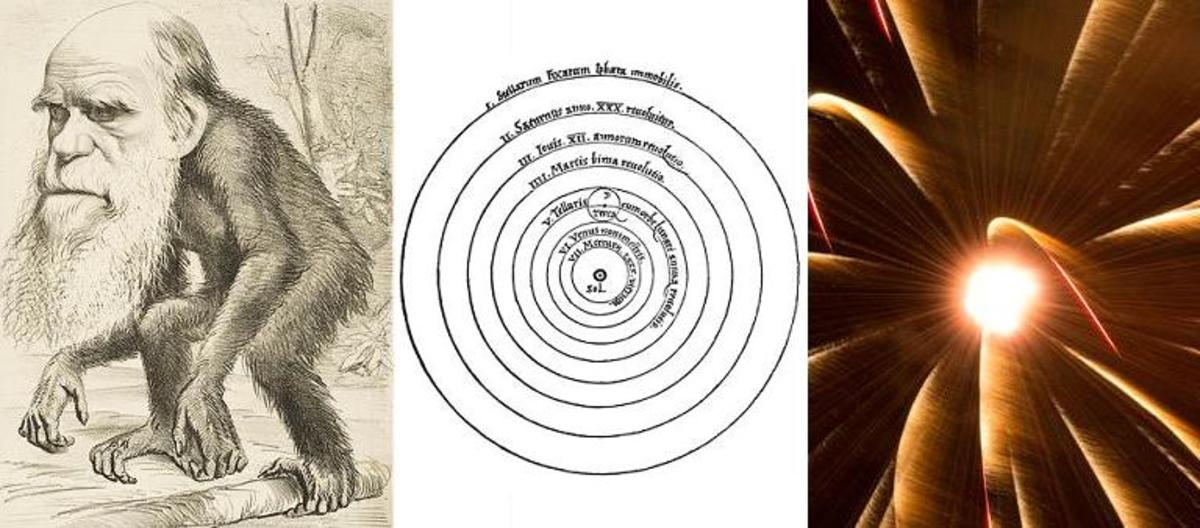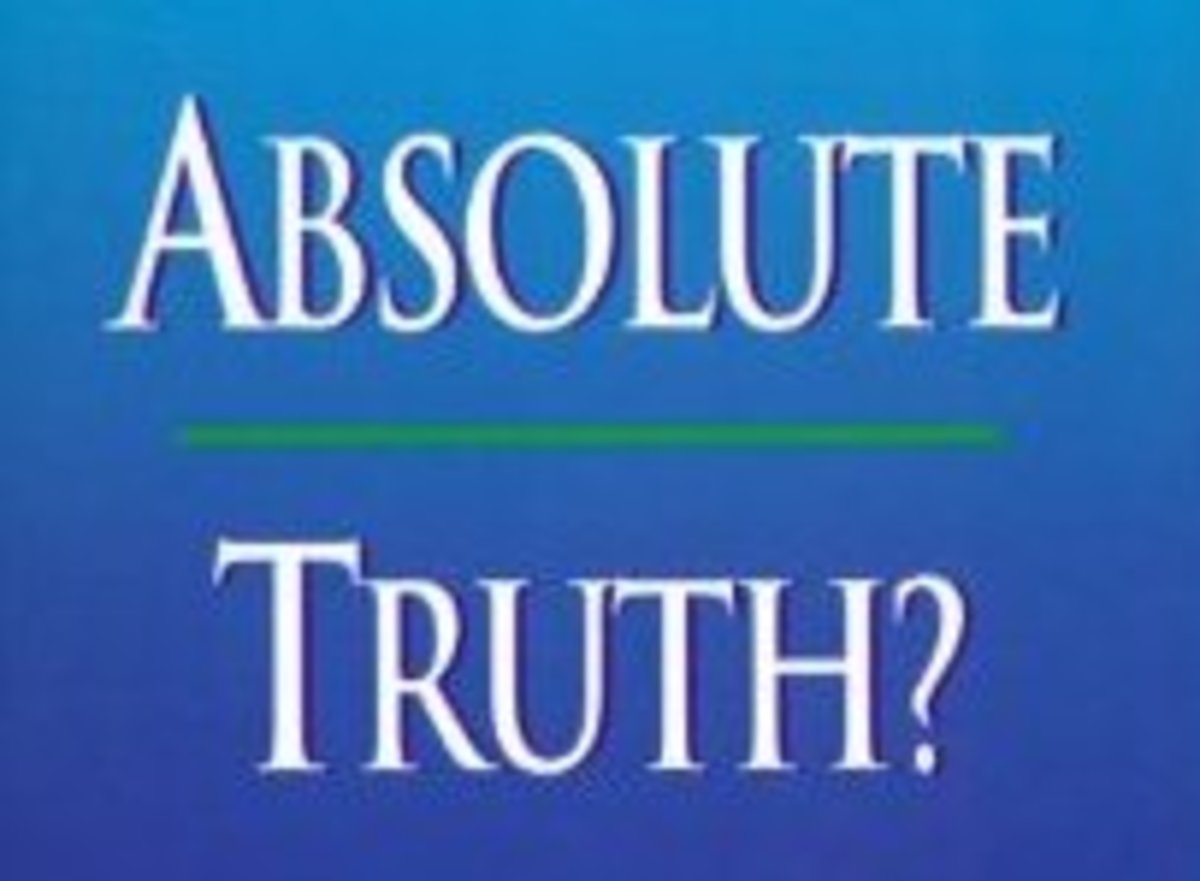Differentiating Between Nihilistic and Pantheistic Atheism
Introduction & Nihilistic Atheism
The word “atheism” puts a bad taste in many people’s mouths, and seemingly for good reason. The so-called New Atheists have taken up arms and commenced a full-blown crusade against religion in the 21st Century. Led by their “Four Horsemen” – Richard Dawkins, Sam Harris, Daniel Dennett, and the late Christopher Hitchens – they have unendingly and unapologetically ripped apart religion with every possible chance. These New Atheists, even (somewhat ironically) called Fundamentalist Atheists, are by far the most vocal of any atheists. That does not, however, make them the only atheists. To differentiate them and the vastly less vocal second subset of atheists, though, we must first delve into the philosophical foundations on which New Atheism stands.
The New Atheists, in their own words, base their ideological convictions on science, and science alone. This exterior of strict scientism is a mask, however, and the philosophy it masks is none other than the ever-infamous nihilism. Nihilism states that there is not only no god, but also no meaning, purpose, or inherent order to existence. We are strictly what material science says we are, and that is a mechanical system, built up of smaller mechanical systems, within larger mechanical systems. Only the objective must be trusted.
No subjective feelings or intuitions - morality, meaning, belonging - exist anywhere outside of our own delusional heads. The mind, all of its ideas, and even the mighty phenomenon of consciousness itself can all be chalked up to accidental chemical cocktails. There are no superior or inferior ways to live. Life is insignificant and meaningless. There is no use in pretending otherwise. Thus, there is no truly good life, and many nihilists asset that we should only do that which brings us the greatest amount of pleasure. Why try to do anything other than acquire pleasure when nothing will ever matter in the eventual end? Many nihilistic atheists are not very consistent in this regard – they obey by traditional moral codes despite not believing in them – but the rejection of all that makes life vibrant is still the logical conclusion to their beliefs.
As noted, though, this unyieldingly bleak outlook is not the only one we can connect to atheism. The atheism of Dawkins and Hitchens does not stand alone. In focusing on them, we are forgetting the atheism of Einstein, Sagan, and Hawking. Although it is not as widespread today as it once was, arguably the original atheistic tradition was rooted not in nihilism, but instead, in pantheism. Pantheism, like nihilism, asserts that there are no personal gods - no Yahweh, no Allah, no Vishnu, no Thor, no Zeus, no Minerva, nor any other god humanity has ever cooked up. But this does not make existence meaningless and the material world devoid of substance. In fact, it does quite the opposite.

Pantheistic Atheism & Conclusion
Pantheism states that God is not a personal being, but rather, the fundamental and limitless energy that drives creation and order in the universe. God is not an entity. God is not even anything material. God is simply a formless guiding force. And, if God is eminent in all of existence, then all of existence is Godly, and thus, all of existence is worthy of worship. Pantheism takes an approach opposite to that of nihilism’s – instead of nothing being divine, in pantheism, everything is divine. This approach has been touted many times throughout history – most notably nowadays in Buddhism, Taoism, and select schools of Hinduism – but never has it been paired with nihilism until recently. Both nihilism and pantheism have been lumped into the overarching school of atheism, and as a result, the real meaning of atheism has been lost in the unending debate between two schools that should’ve never been made one.
The problem here is not that there are different camps of atheists in the first place. For as long as there have been ideologies, there have been ideological splits. The problem here is that one camp has seemingly completely engulfed the other. The New Atheists, through their sheer unwillingness to go about life quietly, have come to be seen as representative of all atheists. This, of course, is a great folly, and it does the pantheist atheists no favors. Just because both camps reject the same other traditions does not mean that they themselves are the same tradition. Are Judaism and Christianity, because they both reject Islam, the same tradition? Certainly, there are similarities, but nonetheless, few would claim them to be completely equivalent. Nihilistic atheism and pantheistic atheism both reject all personal gods, but that fact alone does not make them one and the same.
The nihilistic and pantheistic traditions should, indeed, be seen as separate, for despite their similarities, they have come to their conclusions based on entirely different sets of beliefs. The temples of their traditions may share similar shapes, but they're built out of materials that are entirely unalike. The strictly scientific and mostly mystical outlooks each have on existence cannot be equated. Let nihilistic atheism have its unwavering adherence to the rational and material, and let pantheistic atheism have its lingering wonder toward the less quantifiable sections of existence. But do not let them continue to be looked upon and treated as the same thing.
The debates already rage, and the ridge has already been established. Let us just formalize it once and for all. These are two traditions that have been wrongfully equated for far too long already. Let us not delay the inevitable breakaway any longer.









